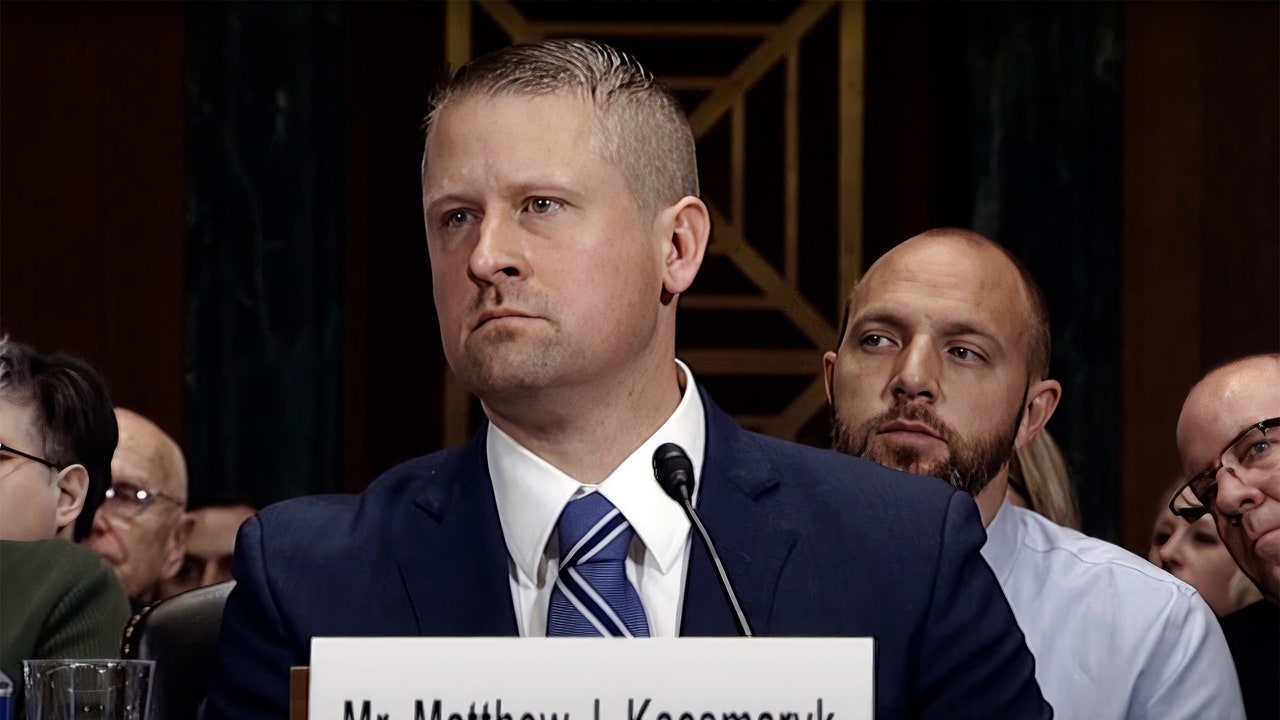As medical and scientific judgment calls go, the decision to approve the abortion drug mifepristone was a relatively straightforward one for the US Food and Drug Administration. The drug was simple to take, safe to use, and worked effectively with a second drug, misoprostol, to terminate an early Pregnancy with relatively minimal discomfort and distress. “The drug works. There is a huge track record on safety. It’s not in question,” as one FDA official puts it. The FDA approved the drug in September 2000, 12 years after it was first approved in France, where its safety had been clearly demonstrated.
And yet, in an unprecedented ruling handed down last Friday, a Trump-appointed judge in Amarillo, Texas, determined that mifepristone should be withdrawn from the market for safety reasons. The 67-page ruling, which food and drug law experts say has no legal precedent, poses a grave threat to reproductive freedom by potentially cutting off an option used for over half of all abortions in the United States. But it also imperils the regulatory integrity of the FDA and the stability of the pharmaceutical market, say numerous experts.
According to one lawyer who works at the FDA, the ruling is so specious that “if it were turned in as a law school assignment, you would be lucky to get a D-minus. It’s almost like a Mad Lib of a legal opinion.”
Reached by Vanity Fair, a representative for one of the plaintiffs in the Texas case, the American Association of Pro-Life Obstetricians and Gynecologists (AAPLOG), seemed untroubled by the pharmaceutical shock waves the case had set off. “We think the judge made the right decision,” AAPLOG CEO Dr. Christina Francis says. “We are not challenging the FDA’s approval process” overall, but its approval of mifepristone specifically. Francis contends that the FDA “illegally approved” the drug and “stonewalled us” for years, after the organization filed multiple petitions to the FDA, arguing that mifepristone was harming their patients.
In his ruling, Judge Matthew J. Kacsmaryk cites a study claiming that a substantial percentage of women and girls regret having medication abortions and believe they received insufficient information about mifepristone’s side effects. But as Adam Unikowsky, a lawyer who analyzed the ruling on Substack pointed out, the study in question merely relied on a group of anonymous testimonials posted to a single pro-life website. (Kacsmaryk did not respond to a voicemail message left at his chambers.)
On April 10, the Department of Justice appealed the ruling to the Fifth Circuit Court of Appeals, arguing that the plaintiffs had “provided no basis for second-guessing FDA’s scientific judgment.” The appeal noted that, since the drug’s approval in 2000, it has been administered to more than 5 million women. In that time, there have been only 28 reported deaths, a number of them due to unrelated factors.
Late on April 12, a panel of three judges from the Fifth Circuit, two of them Trump appointees, ruled that the drug could remain available until that court gives the case a full hearing. But the panel blocked other FDA measures that had expanded use of the drug in recent years. Among other moves, the ruling discontinues mail orders and rolls back the cutoff date for prescribing it from the tenth week of pregnancy to the seventh.
The FDA is not perfect. No institution is. But for 117 years, Congress, the courts, and most Americans have concurred: In a risky world of toxic medications and unsanitary manufacturing plants, it’s a net plus to have an agency whose mandate is to ensure the safety and effectiveness of our food, drugs, and medical devices.
Staffed by 17,000 employees, with offices around the world, the FDA regulates products that account for roughly one fifth of consumer spending in the US. Its expert scientists are no strangers to tough decisions. “Every time we do something, the lawyers are merged to our hip,” says the FDA official.
“There has been broad bipartisan agreement,” Dr. Mark McClellan, a former FDA commissioner, tells Vanity Fair. “A well-staffed agency can protect Americans and can encourage safe and effective treatment. The agency has developed a lot of expertise.”
But the opinion by Judge Kacsmaryk—a Christian conservative with a “long history of activism rooted in his religious beliefs,” as described by The Washington Post—seeks to pull mifepristone from the market by arguing that the FDA’s approval of the drug was “arbitrary and capricious.”
“It’s a disaster for all the people who rely on having an independent FDA to make decisions about what is safe and effective,” says Dr. Joshua Sharfstein, a former FDA principal deputy commissioner and now vice dean for public health practice and community engagement at the Johns Hopkins Bloomberg School of Public Health. “You can have a judge wake up in the morning and say, ‘I know better than all the scientists.’”
In the wake of Kacsmaryk’s ruling, a whipsaw of legal events makes it likely the case will soon land in front of the Supreme Court. Last Friday, a Washington State district court judge issued a contradictory ruling. Siding with Democratic state attorneys general from 17 states and the District of Columbia, Judge Thomas O. Rice, an Obama appointee, ordered the FDA to keep mifepristone on the market. The governors of California and Massachusetts announced their states would stockpile abortion drugs to guarantee their availability.
Meanwhile, hundreds of pharmaceutical executives, more accustomed to suing one another, banded together to sign an open letter calling for Kacsmaryk’s ruling to be reversed. “If courts can overturn drug approvals without regard for science or evidence,” the letter stated, “any medicine is at risk for the same outcome as mifepristone.” On Tuesday night, pharma officials and organizations also filed an amicus brief, arguing that Kacsmaryk’s ruling had “badly misapplied” federal law and would “wreak havoc on drug development and approval generally.”
